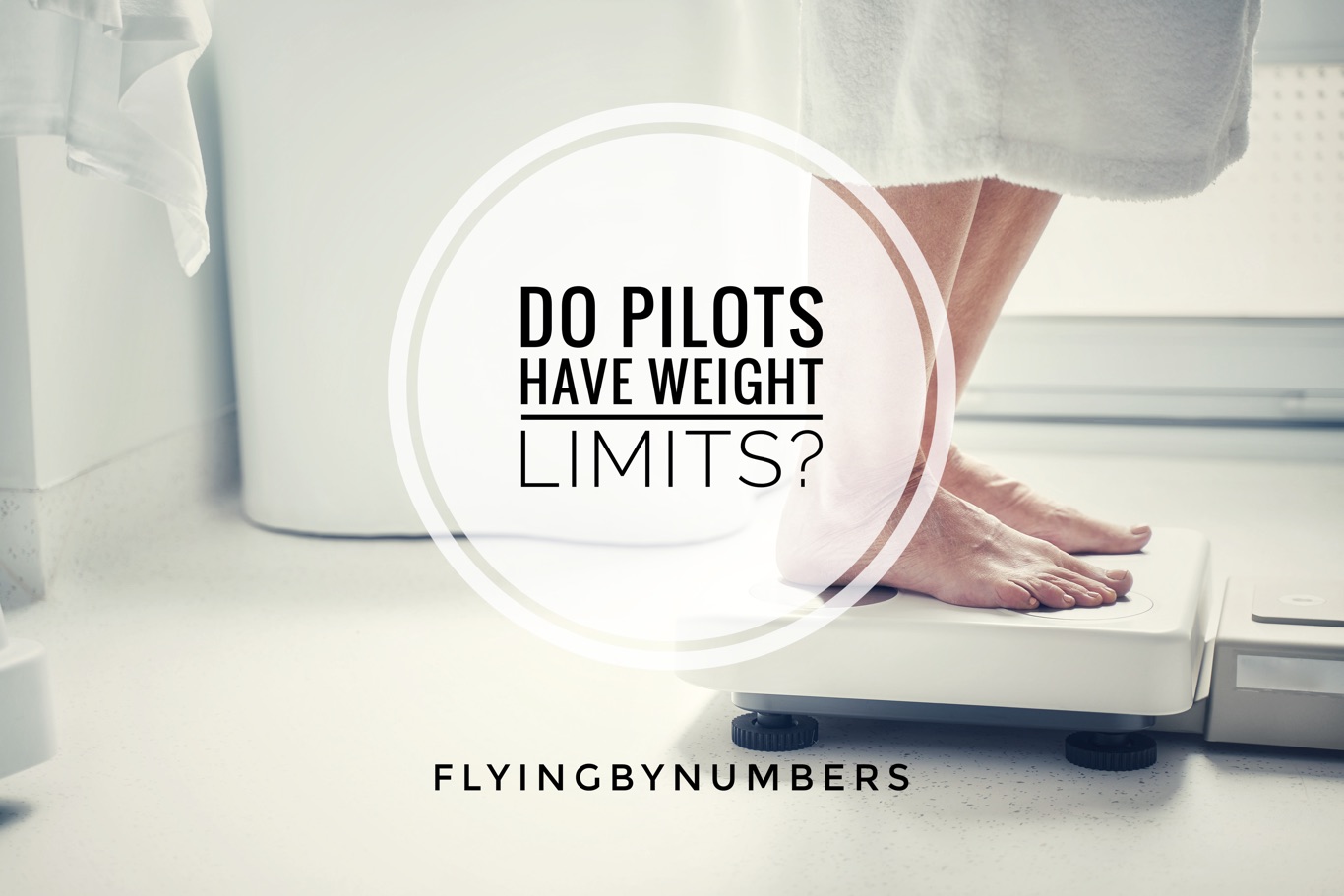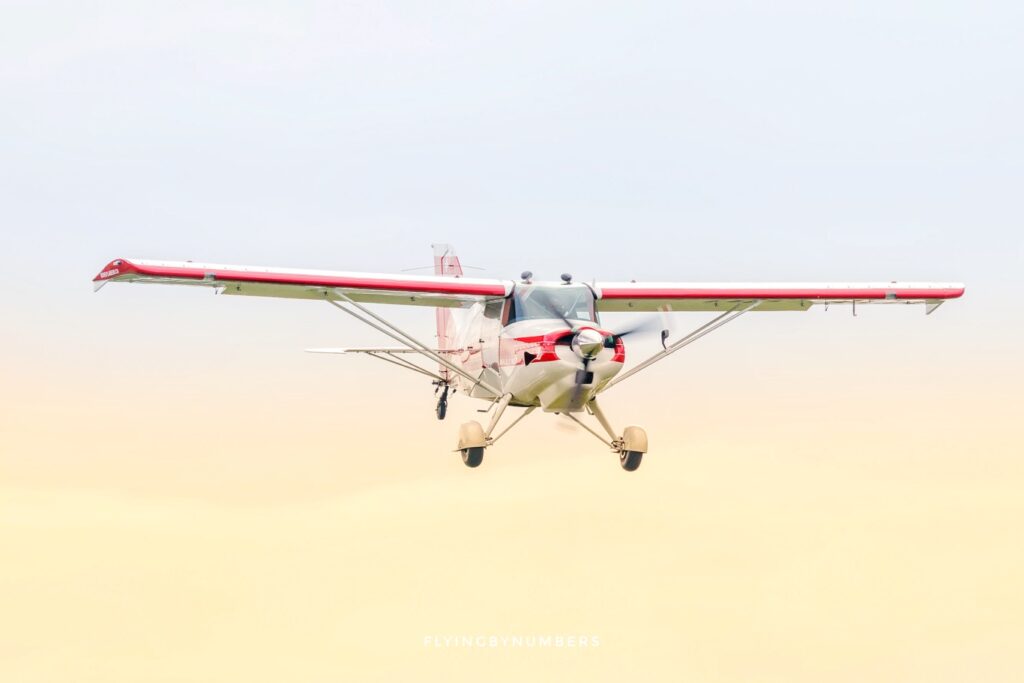I would like to become a pilot but I currently weigh 300 lbs. Will this be an issue?
Reader question — FBN
This is a question that frequently pops up from aspiring aviators, and revolves around a sensitive subject — weight!
Contrary to the common misconception, there isn’t a universally mandated weight limit for airline pilots. Some military applications specify height requirements, but you’re unlikely to find any job application specifying a pilot’s weight requirement.
However, throughout the journey to becoming a commercial pilot, certain stages factor in weight or physical fitness, which can act as barriers or considerations for specific individuals.
As a result, while we can’t provide aspiring pilots an “official” weight limit, it is possible to put some practical numbers to the question of how heavy is too heavy! Let’s have a look…
3 factors pilots should consider
From years of experience in the commercial aviation industry, I’ve seen arguably 3 main limiting factors to pilots’ weight.
Summary
There might not be an explicit weight restriction for airline pilots at most airlines, but weight and health considerations play a notable role in the pilot’s career. All commercial pilots have to pass yearly medical checks, which include weight and BMI measurements.
There is additional focus on aspiring pilots’ weight during their initial medical evaluation. Anecdotally, some aeromedical doctors have set limits on BMIs over 30, citing the need to maintain a class one medical throughout a career, and weight typically increasing with age.
Finally, during basic flying training, pilots above 240 lbs or so can begin to incur additional issues. This is down to the training aircraft popular with many flight schools (such as the PA28 or Cessna 152) having restrictive mass and balance limits.







